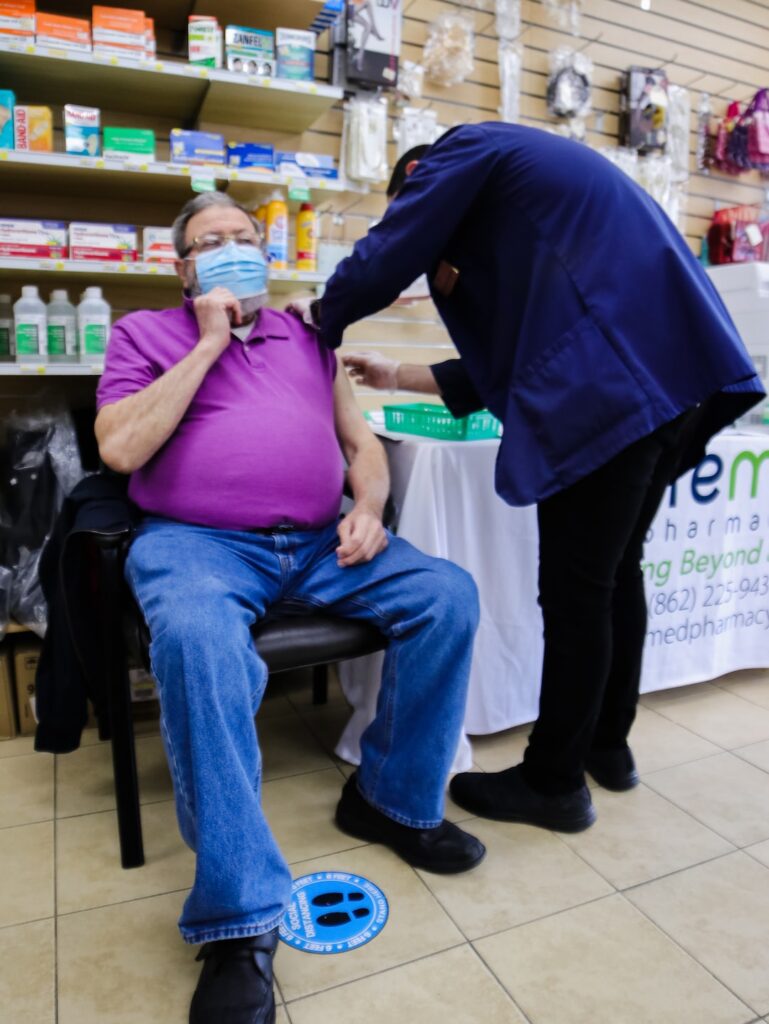Table of Contents
The Significance of Vaccination Certificates in Public Health
Vaccination certificates play a crucial role in maintaining public health. These certificates provide proof that individuals have been vaccinated against certain diseases, serving as a powerful tool in disease prevention and control. By documenting vaccinations, authorities can ensure that the population is adequately protected and minimize the spread of infectious diseases.
One significant aspect of vaccination certificates is their role in international travel. Many countries require proof of vaccination against diseases like yellow fever or polio before granting entry to travelers. This helps to prevent the importation and spread of diseases across borders, safeguarding both local populations and visitors. Furthermore, vaccination certificates are essential in times of outbreaks or pandemics, allowing authorities to quickly identify and track individuals who are immunized, and those who are not, contributing to effective outbreak response strategies.
In addition to facilitating international travel, vaccination certificates are also crucial in local public health efforts. They are often required for enrollment in schools or participation in certain activities, ensuring that individuals are protected against vaccine-preventable diseases. By implementing policies that mandate vaccination certificates, communities can achieve higher vaccination rates, reducing the risk of outbreaks and their associated consequences.
Moreover, vaccination certificates can be utilized during public health emergencies, such as natural disasters or disease outbreaks. In such situations, organizations and authorities can use these certificates to prioritize the distribution of resources and implement targeted vaccination campaigns, focusing on individuals without documented immunity. This targeted approach helps to allocate resources efficiently and protect vulnerable populations effectively.
Overall, vaccination certificates have immense significance in maintaining public health. They provide proof of immunization, contributing to disease prevention efforts, and assisting in outbreak control strategies. Whether for international travel, local public health initiatives, or emergency responses, vaccination certificates are essential tools for protecting individuals and communities against vaccine-preventable diseases.
Ensuring Global Travel Safety with Vaccination Certificates
In the face of the ongoing global pandemic, ensuring the safety of global travel has become a top priority. Vaccination certificates have emerged as a potential solution to navigate this new reality. These certificates provide proof of an individual’s vaccination status and can be used to verify their eligibility for international travel.
With the widespread availability of COVID-19 vaccines, vaccination certificates offer a way to mitigate the risks associated with travel. They provide a standardized, universally recognized method of verifying an individual’s vaccination status, which can help in restoring confidence in the safety of travel.
Vaccination certificates not only benefit travelers but also governments and health authorities. By requiring proof of vaccination, countries can implement measures to control the spread of the virus more effectively. It enables them to set specific entry requirements, such as mandatory quarantines or exemptions, based on an individual’s vaccination status.
Moreover, vaccination certificates can contribute to the gradual reopening of borders and resumption of international travel. With proper verification and enforcement, it is possible to create travel corridors between countries with similar vaccination rates, allowing for safe and controlled movement across borders without compromising public health.
However, the implementation of vaccination certificates also raises certain challenges. Ensuring the authenticity and integrity of these documents is vital to prevent fraud and maintain trust in the system. International collaboration and standardized protocols should be established to develop secure digital vaccination certificates that cannot be fraudulently altered.
Furthermore, there are ethical considerations surrounding these certificates. It is crucial to address concerns about privacy and potential discrimination based on vaccination status. Clear guidelines need to be in place to protect individuals’ privacy while still ensuring the effective use of vaccination certificates.
In conclusion, vaccination certificates have the potential to play a significant role in ensuring global travel safety in the wake of the pandemic. By verifying individuals’ vaccination status, countries can implement targeted measures and gradually reopen their borders. However, it is essential to address challenges such as authenticity, privacy, and discrimination to create a robust and trustworthy system that will facilitate the safe resumption of international travel.
The Role of Vaccination Certificates in Controlling Disease Outbreaks
Vaccination certificates play a crucial role in controlling disease outbreaks. These certificates serve as an official document proving that an individual has been vaccinated against a specific disease. With the increasing global mobility and the potential for disease transmission, vaccination certificates are essential in preventing the spread of infectious diseases.
One of the primary benefits of vaccination certificates is the ability to monitor and track individuals who have been vaccinated. This allows health authorities to quickly identify those who are protected and those who are at risk of contracting and spreading diseases. By having a clear record of vaccinated individuals, health officials can effectively manage and contain disease outbreaks.
Vaccination certificates also facilitate international travel by providing proof of immunization. Many countries require visitors to show evidence of vaccination against certain diseases before entry. This helps protect the local population from potentially importing infections from other regions. Additionally, vaccination certificates can be used to track and control the spread of diseases during epidemics and pandemics, as they allow for targeted vaccination efforts in high-risk areas.
Moreover, vaccination certificates promote public confidence in immunization programs. By demonstrating that individuals have received vaccinations, it assures the public that proper preventive measures are being taken. This, in turn, encourages widespread participation in vaccination campaigns, leading to higher vaccination rates and better overall disease control.
However, the implementation of vaccination certificates also raises ethical and privacy concerns. It is crucial to strike a balance between ensuring public health and protecting individuals’ right to privacy. Strict regulations must be in place to safeguard individuals’ personal information while still allowing for effective disease control.
In conclusion, vaccination certificates are instrumental in controlling disease outbreaks by monitoring and tracking vaccinated individuals, facilitating travel, and promoting public confidence in immunization programs. Although they bring about logistical and ethical challenges, vaccination certificates remain an important tool in preventing and managing infectious diseases on a global scale.


